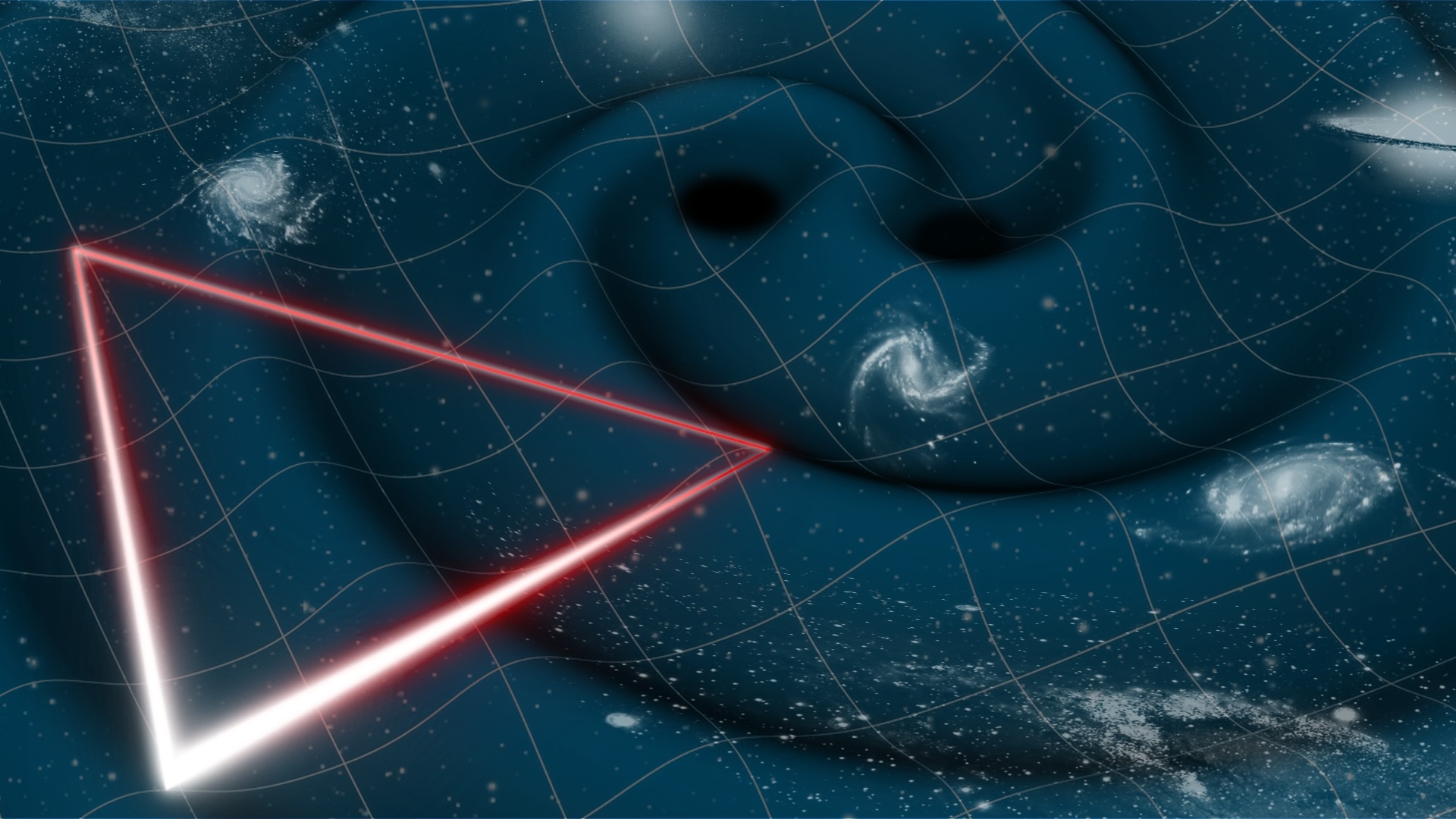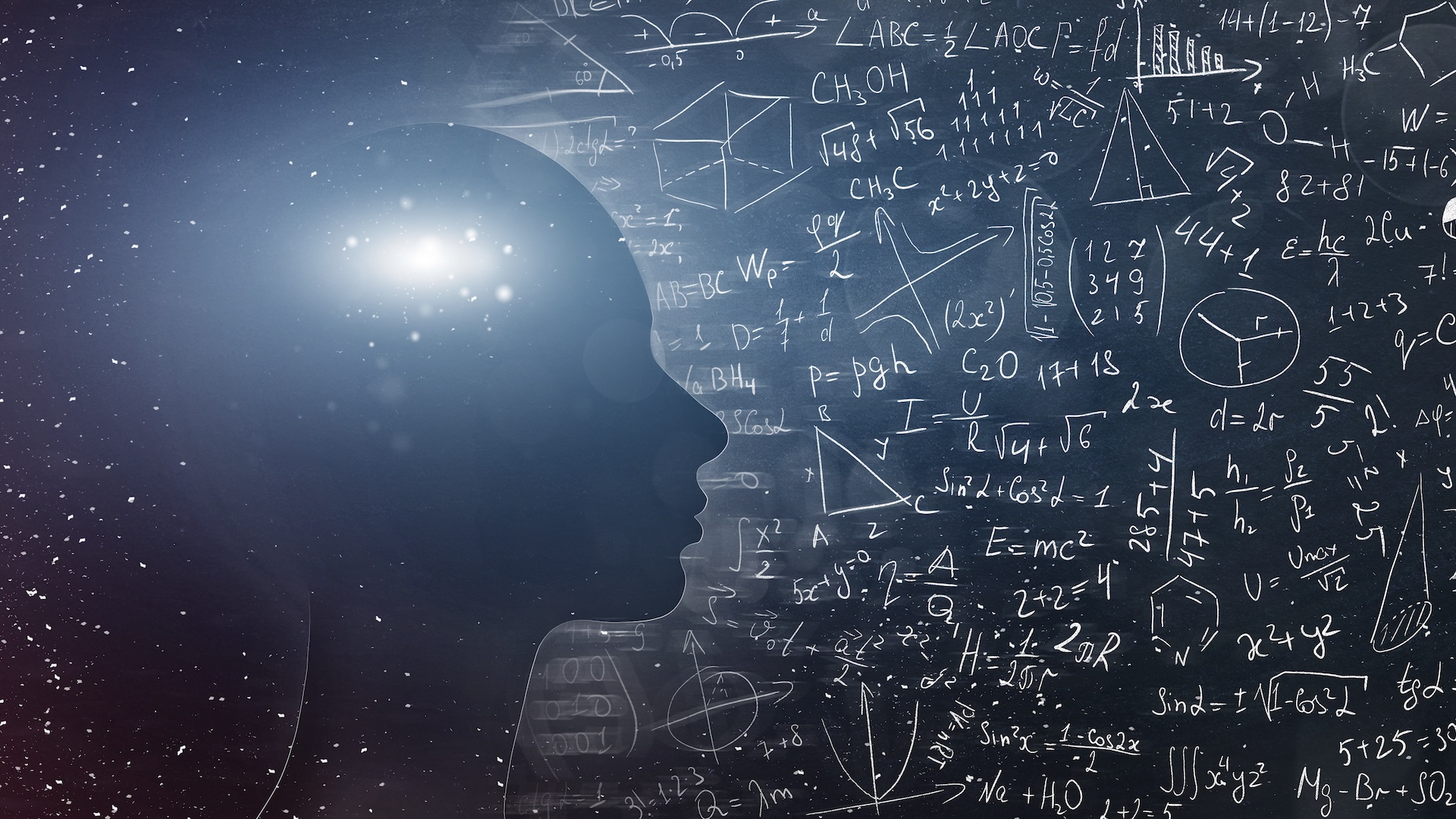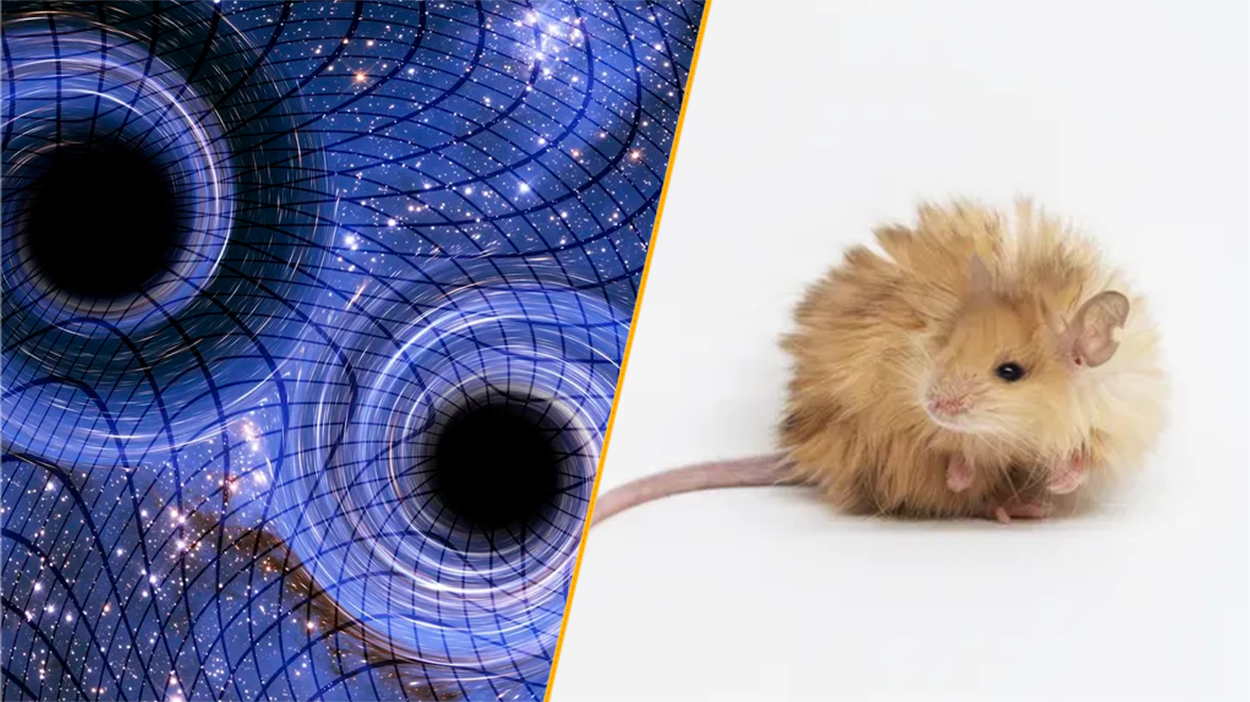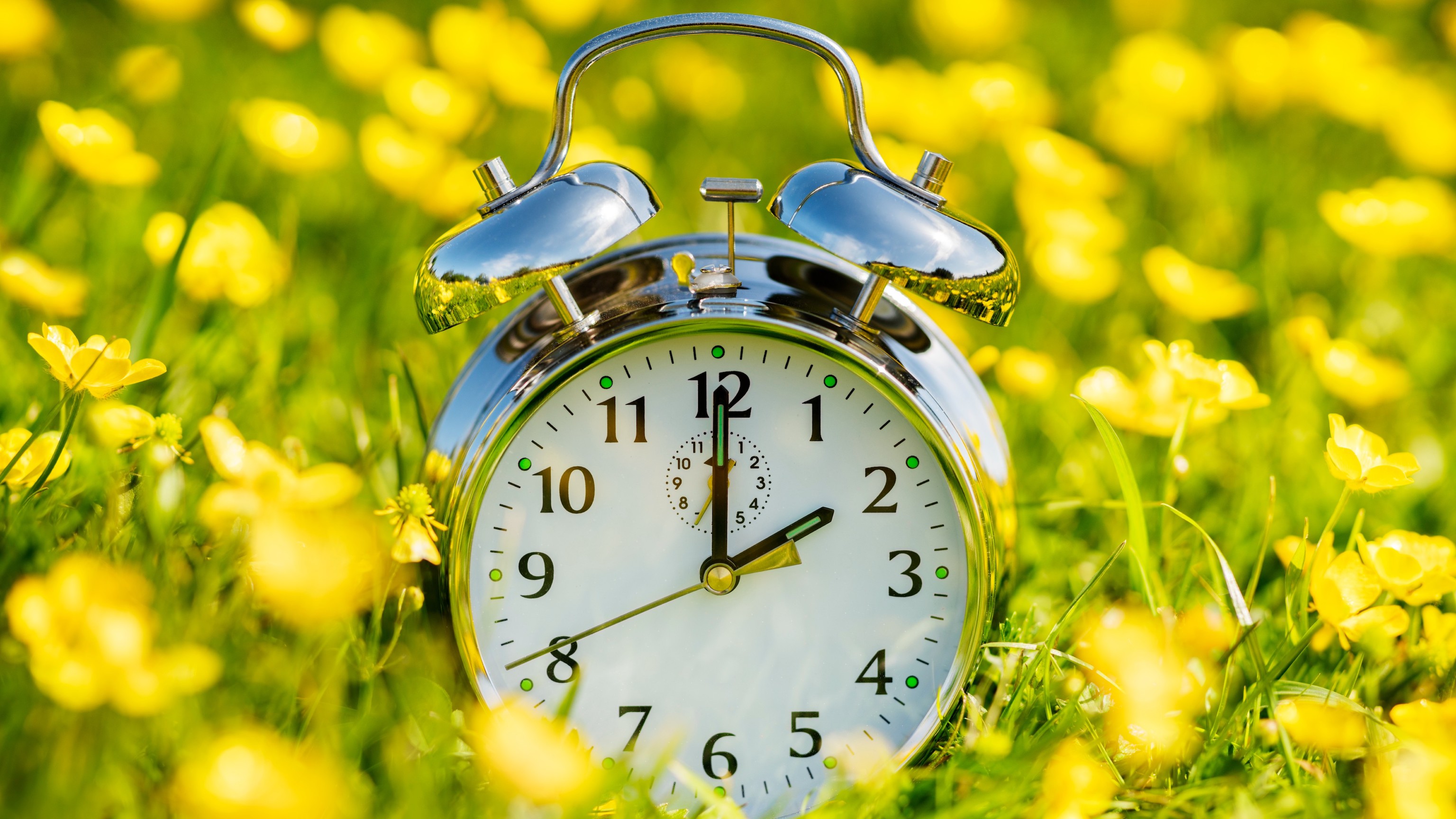Physics & mathematics news, features and articles
Explore Physics & Mathematics
Editor's Picks
Latest about Physics & Mathematics
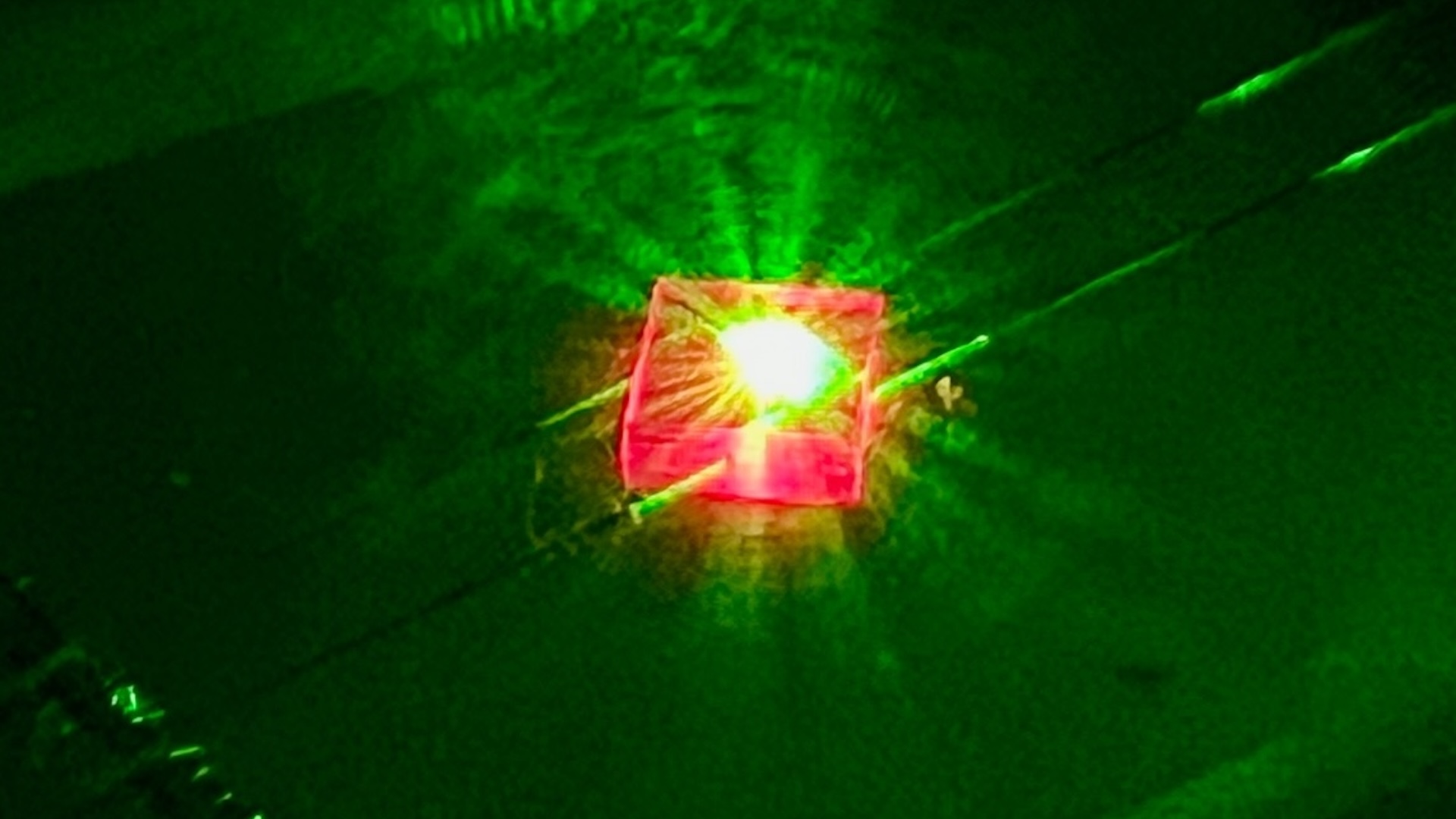
Scientists unveil new type of 'time crystal' that defies our traditional understanding of time and motion
By Alan Bradley published
The latest time crystal innovation may expand the known boundaries of quantum mechanics.
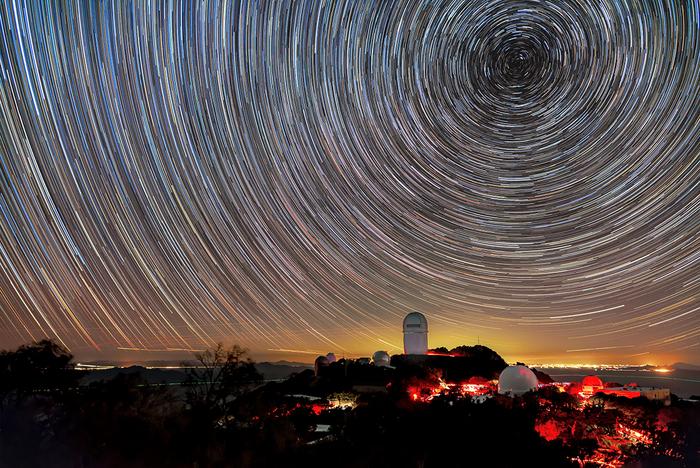
'The universe has thrown us a curveball': Largest-ever map of space reveals we might have gotten dark energy totally wrong
By Ben Turner published
Findings from the Dark Energy Spectroscopic Instrument (DESI) suggest that dark energy could be evolving over time. If they're right, cosmology will need a new model.
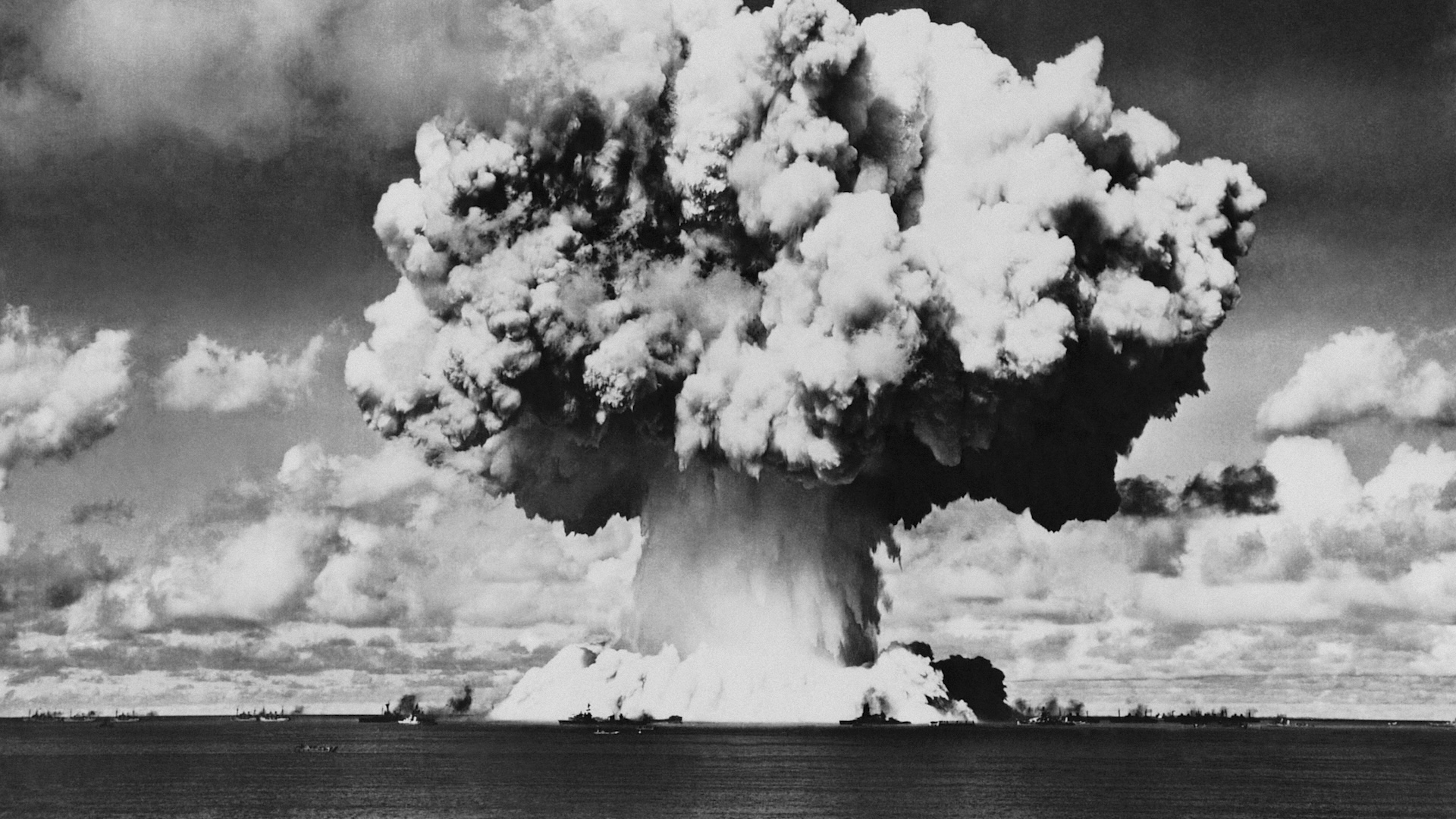
Why is it still so hard to make nuclear weapons?
By Sarah Wells published
Scientists have been building nuclear weapons for more than 80 years, but crafting this technology remains a challenge.
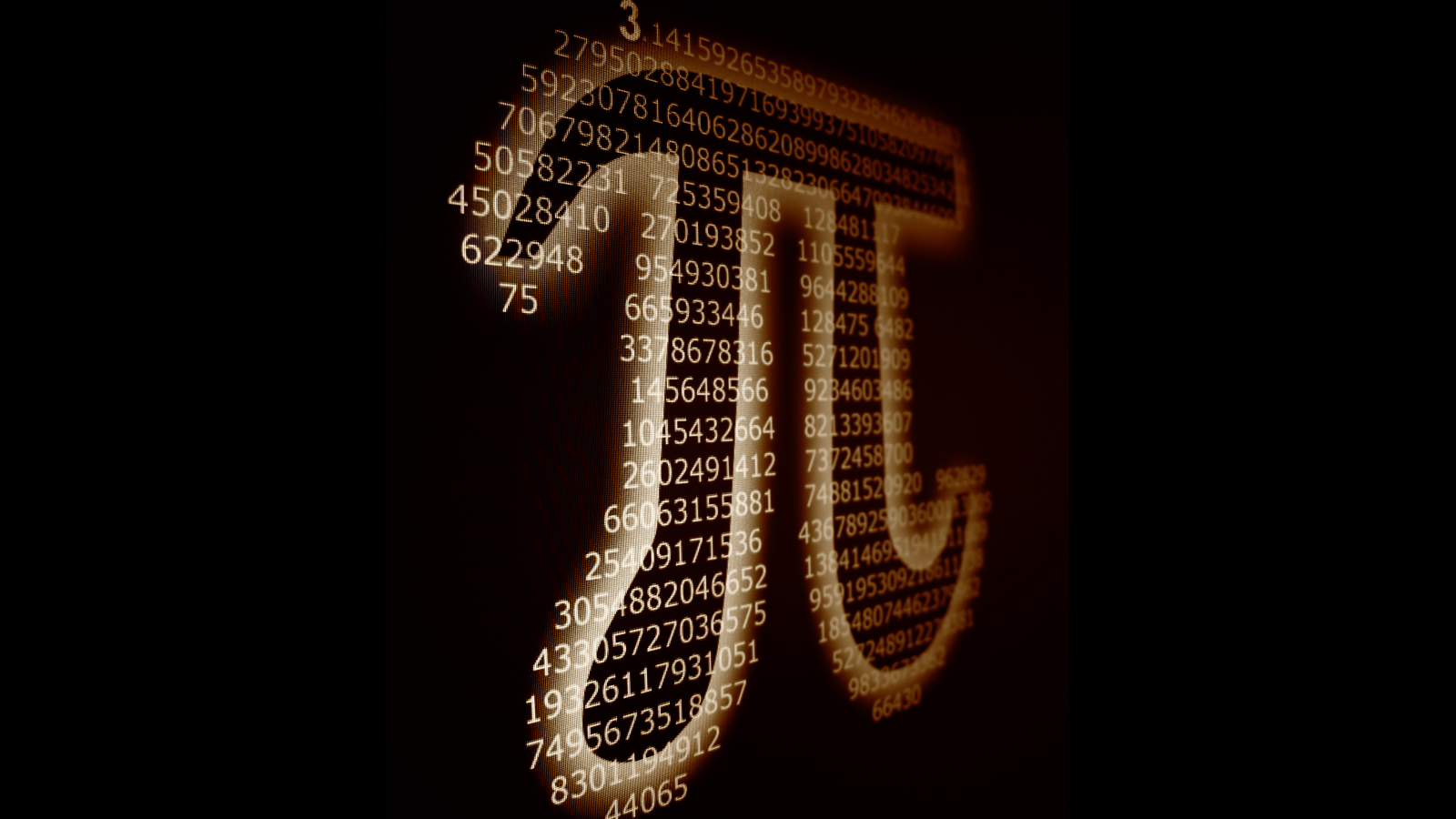
How do we know pi is an irrational number?
By Victoria Atkinson published
Are there mathematical ways to prove that pi is an irrational number that has no end?
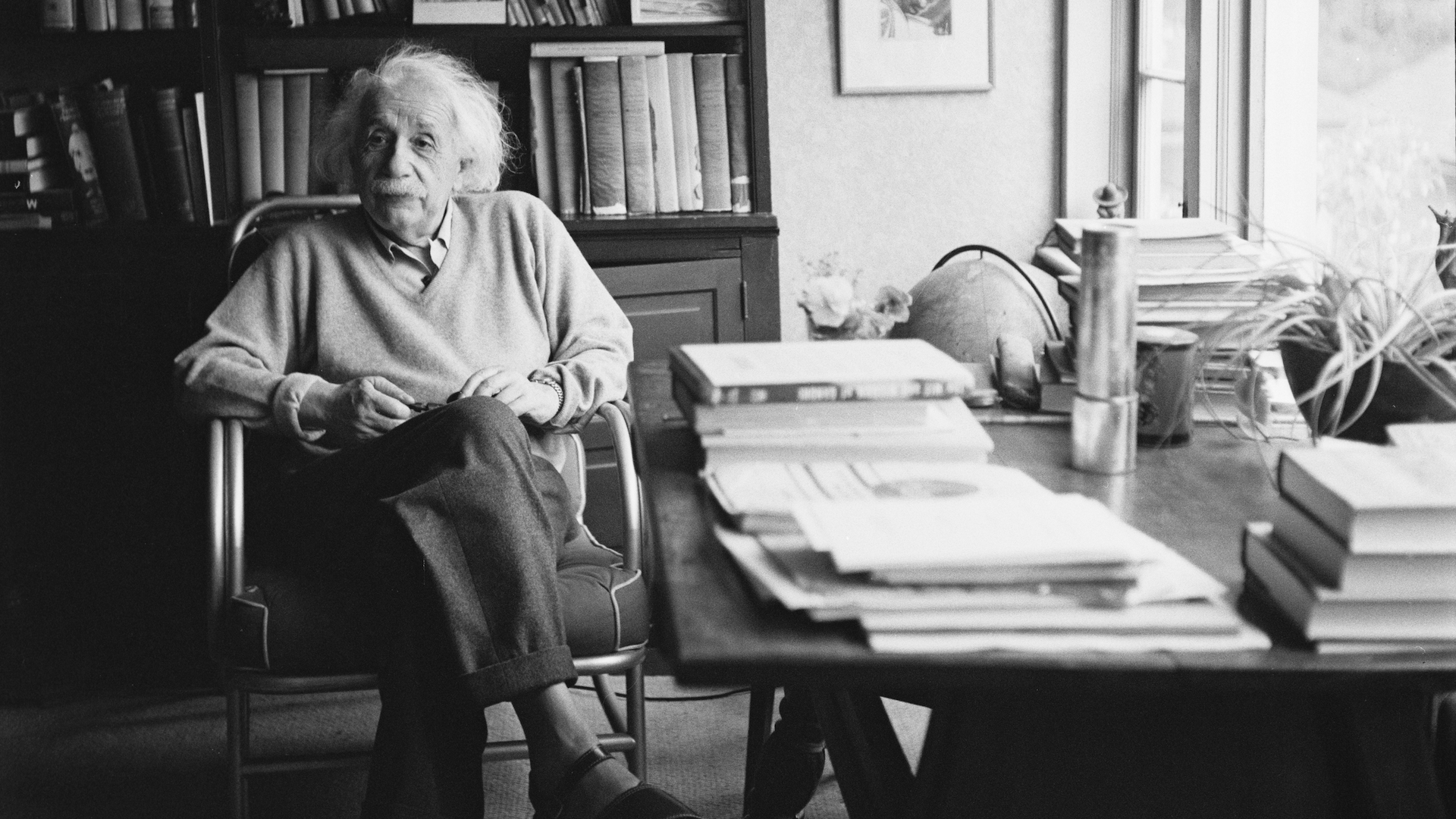
Albert Einstein quiz: What do you know about the life of the famous theoretical physicist?
By Kristina Killgrove published
Einstein solved the world in his head. How much do you know about his life and work?
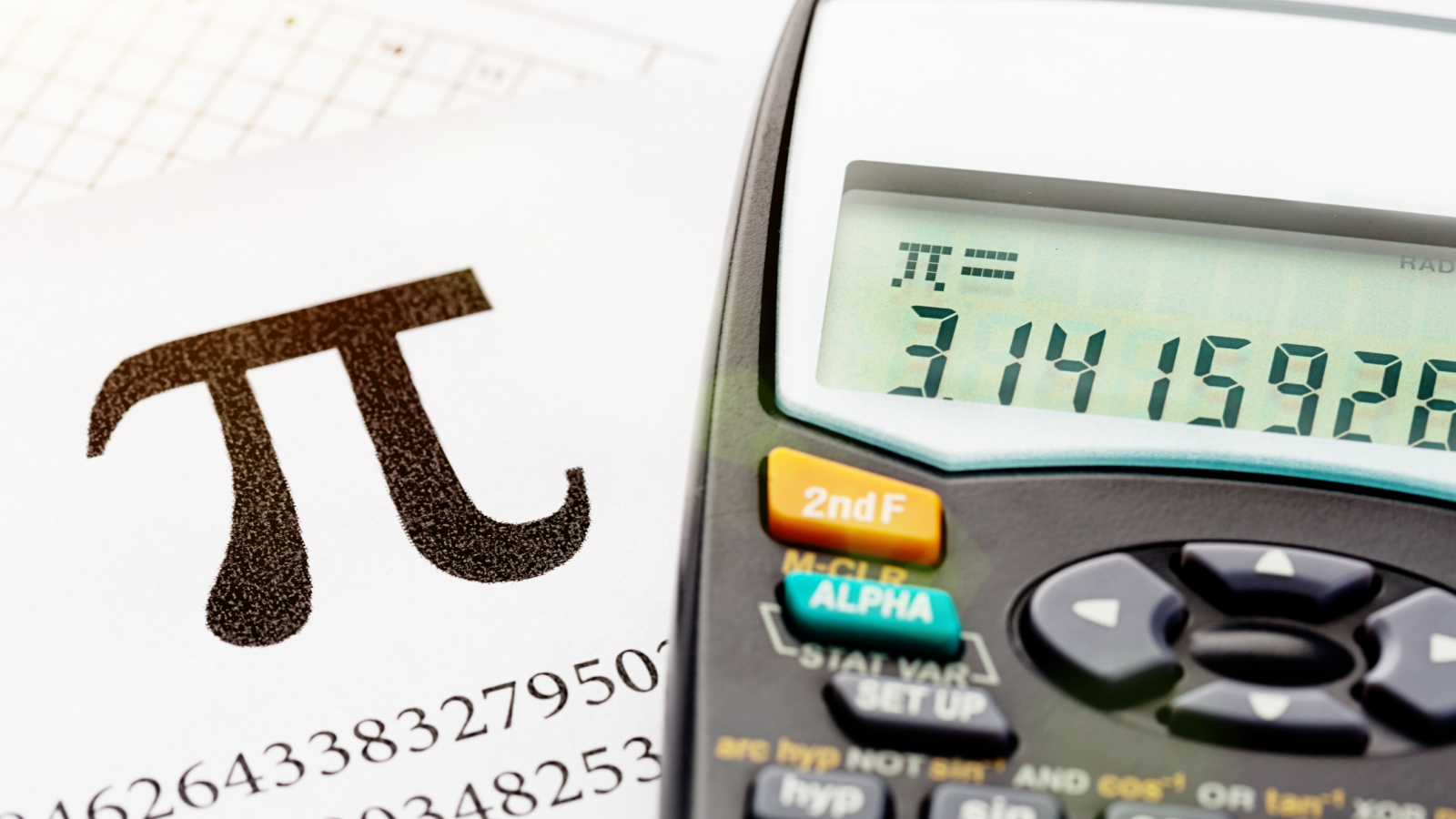
Pi Day quiz: How much do you know about this irrational number?
By Victoria Atkinson published
Test yourself on math's most famous constant with this pi quiz.

Scientists turn light into a 'supersolid' for the 1st time ever: What that means, and why it matters
By Damien Pine published
For the first time, researchers transformed light into a quantum crystalline structure to create a "supersolid" that's both solid and liquid at the same time. Here’s what that means, and why it's such a big step forward.

Is ranch dressing a liquid or a solid? It's actually a 5th state of matter.
By Rae Robertson-Anderson published
Is ranch dressing a solid or a liquid? A physicist explains that the short answer is both … and neither.
Sign up for the Live Science daily newsletter now
Get the world’s most fascinating discoveries delivered straight to your inbox.
